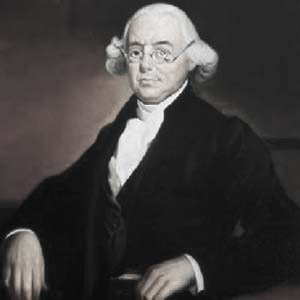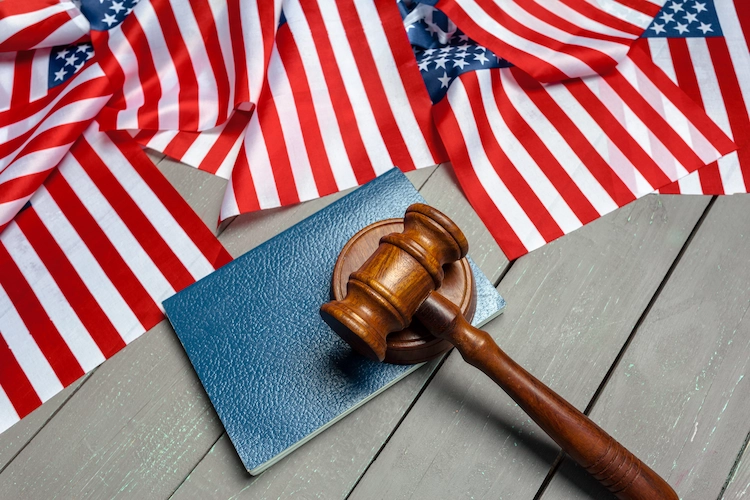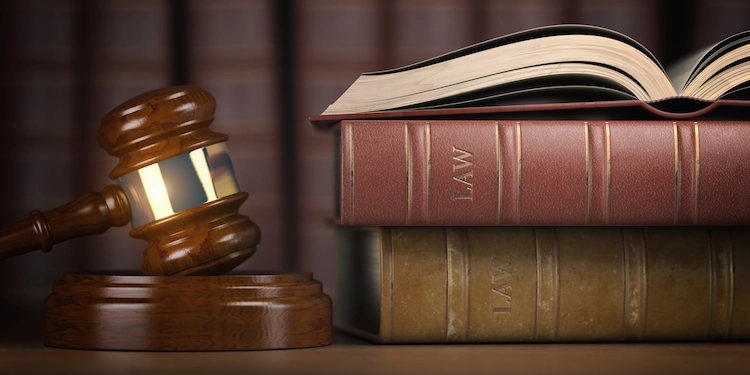As a Founding Father, James Wilson used his in-depth knowledge of government to help shape the U.S. Constitution and was one of the Convention’s most active participants.
Early Life
Wilson emigrated from Scotland in 1765 and took up the study of law. He built a successful legal practice specializing in land matters. In 1774, he wrote “Considerations on the Nature and Extent of the Legislative Authority of the British Parliament.” The pamphlet, which was widely circulated on both sides of the Atlantic, argued that the British Parliament lacked any authority the pass legislation governing America because the colonies were not represented in Parliament. Notably, Wilson did not advocate that the colonies break their allegiance to the Crown.
Political Career
While serving in the Continental Congress, Wilson was a key member of the military and Indian affairs committees. He also signed the Declaration of Independence. In 1787, Wilson was nominated to represent Pennsylvania at the Constitutional Convention. As one of the most well-known lawyers in the country, he was a prominent figure during the debates. William Pierce wrote of Wilson:
Government seems to have been his peculiar Study, all the political institutions of the World he knows in detail, and can trace the causes and effects of every revolution from the earliest stages of the Grecian commonwealth down to the present time. No man is more clear, copious, and comprehensive than Mr. Wilson, yet he is no great Orator. He draws the attention not by the charm of his eloquence, but by the force of his reasoning.
Later Career
Wilson served on the Committee of Detail, which turned the proposals the delegates had agreed upon into the first draft of the Constitution. He is also credited with proposing the Three-Fifths Compromise, under which only three-fifths of the slave population of the Southern states would be counted when distributing taxes and apportioning representation in the House of Representatives and Electoral College.
Wilson advocated strongly on behalf of Pennsylvania’s ratification, and despite initial opposition, the state became the second to approve the Constitution. His speech at Pennsylvania’s ratification convention was later reprinted and used by the Federalists to support adoption. In 1789, President George Washington nominated him to serve as an associate justice of the U.S. Supreme Court.








